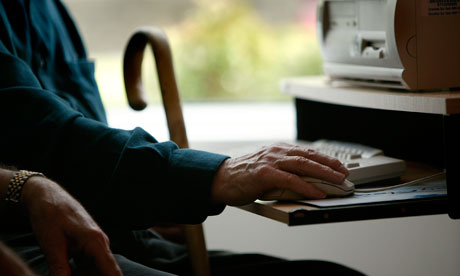Tag Archives: Internet
Modern life causing dementia earlier, study finds
Modern life is causing people to suffer dementia earlier than ever before, a study has found, with PCs, mobile phones, chemicals and electronic devices to blame.
Researchers found a sharp rise in the deaths from dementia and other neurological disease in under-74s, and believe that the figures cannot be explained away by the fact we live longer.
Instead the “epidemic” is down to the environmental and social changes in the modern world, the authors claim.
“It is a human right to be empowered to communicate”
Thousands of people in the UK may be living without access to a powered communication aid that would enable them to have a voice, according to research.
The research, Shining a Light on Augmentative and Alternative Communication, by augmentative and alternative communication (ACC) charity Communication Matters, found that 316,000 people in the UK are benefiting or may benefit from AAC support. Of those, 31,600 could be using powered communication aids yet only around 9,000 are.
The findings, which found great variation in service provision across the UK, stem from research carried out by the University of Sheffield. It highlights there is little consistency in identifying, assessing and providing AAC devices and many local areas are failing to make effective provision.







